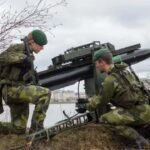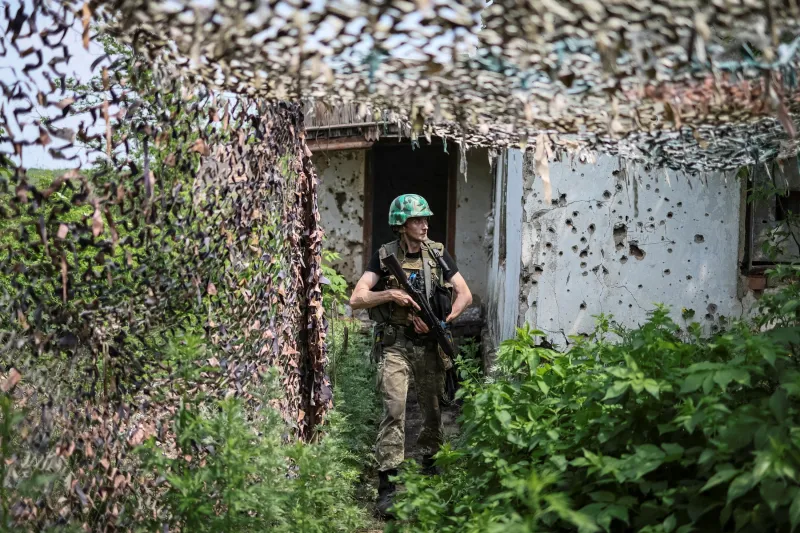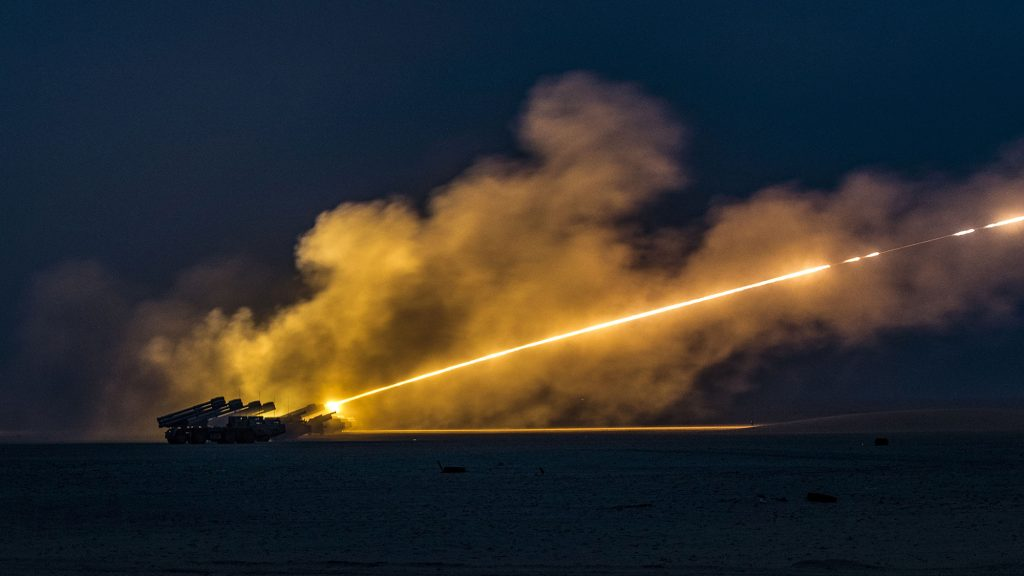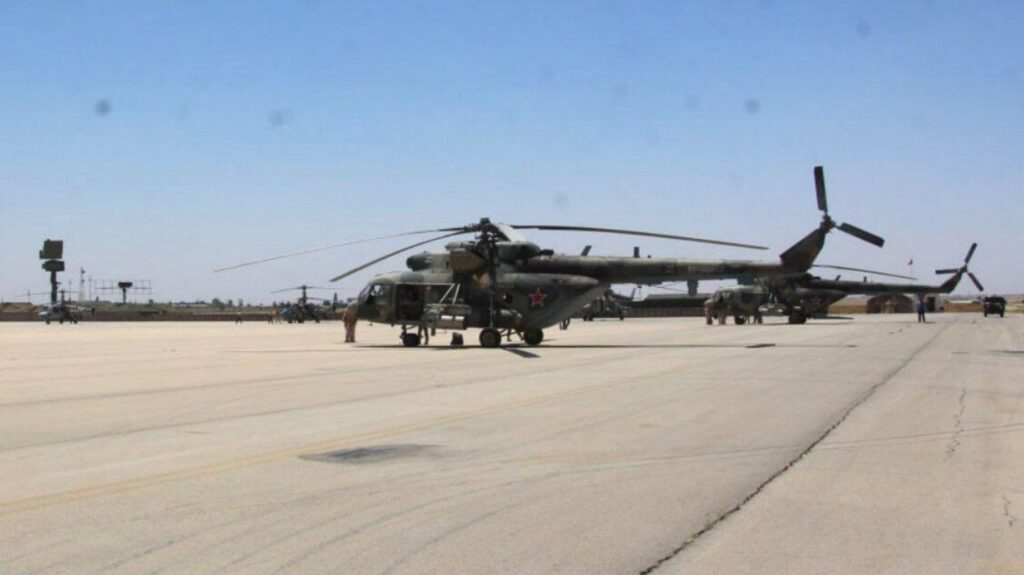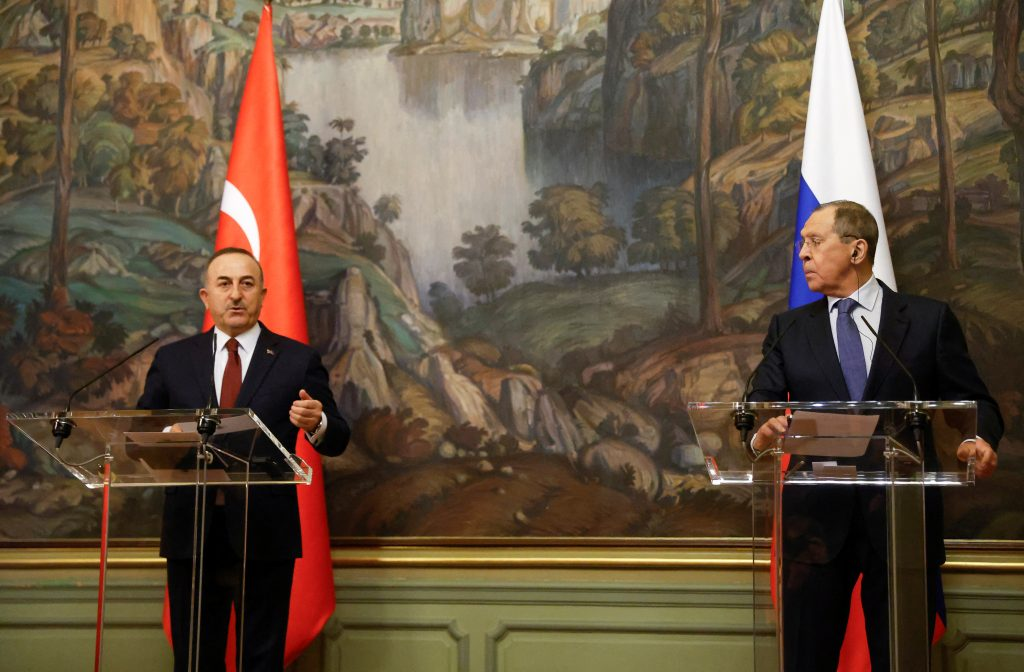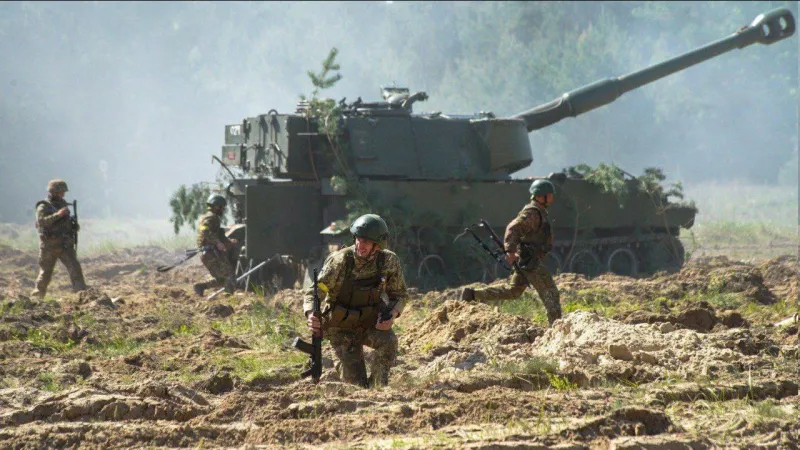Tank Turret-Popping PARM2 Mines Arrive in Ukraine from Germany
Much has been said about Ukraine’s lethal set of western-donated anti-armor and anti-tank weapons that have been helping them take out Russian tanks left and right since the start of the war. However, there is another anti-tank weapon that the Ukrainian forces have used to bust Russian tanks up to smithereens, the German DM22 PARM2 mine.

